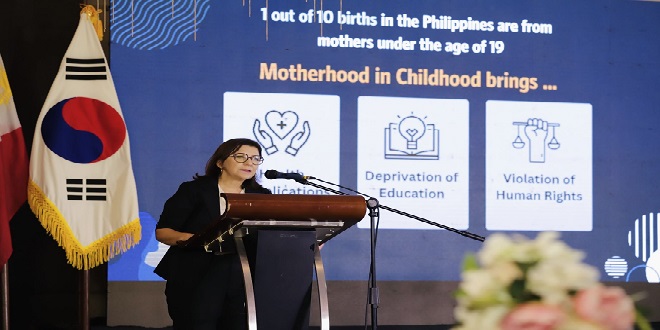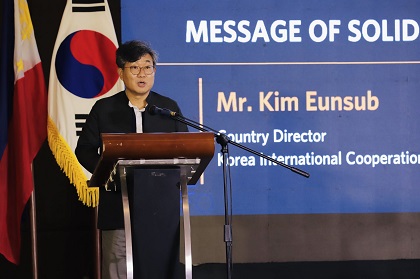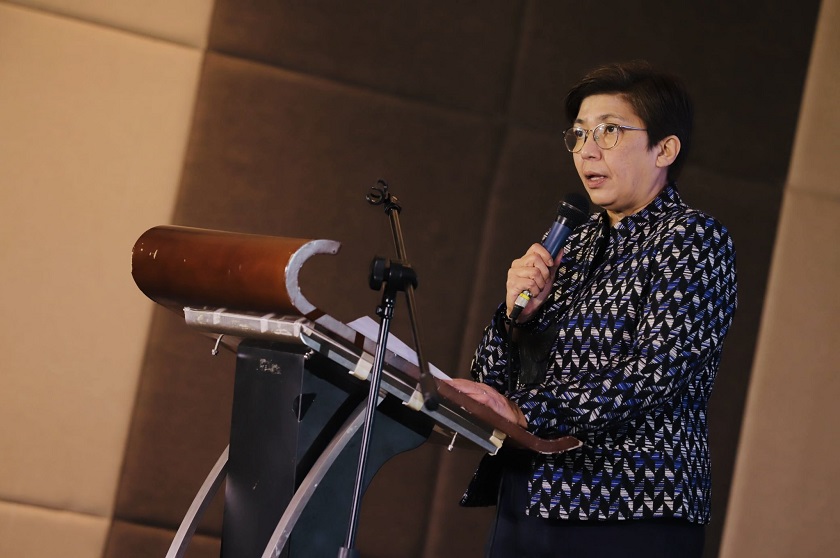
On February 20, 2023, the Philippine government, Korea International Cooperation Agency (KOICA), and United Nations (UN) launched a joint program aimed at addressing the country’s high rates of adolescent pregnancies. The program, called “Accelerating the Reduction of Adolescent Pregnancy in Southern Leyte and Samar in the Philippines,” is funded by the Republic of Korea and will run until 2026.


According to the World Bank, the Philippines has one of the highest rates of adolescent birth among the major economies in the ASEAN region. The program aims to improve the access of adolescents to sexual and reproductive health (SRH) services and information, increase their self-awareness on SRH and rights, and enhance leadership and governance on adolescent SRH. The program will also provide additional training for health workers and non-health service providers such as social workers, teachers, and peer educators.
Leading the Joint Program steering committee is the Department of Health (DOH) with the UN Resident Coordinator, Gustavo Gonzalez, as its co-chair. Joining as members are the UN agencies, KOICA, the Department of Education (DepEd), and the governors of Samar and Southern Leyte. The steering committee will also collaborate with other strategic government partners that will serve as advisory members, including the Department of the Interior and Local Government (DILG), the Department of Social Welfare and Development (DSWD), and the National Youth Commission (NYC).
DOH Officer-In-Charge Dr. Maria Rosario Singh-Vergeire highlighted that teenage pregnancy is a national social emergency that deprives many young Filipinos of their future. She emphasized that the program’s success can only be achieved through solidarity in partnership with other agencies and stakeholders. United Nations Philippines Resident Coordinator Gustavo Gonzalez stated that the program is not only a health and education problem but also an economic development issue.

In addition to improving access to SRH services, the program will work on expanding the PhilHealth package for adolescent pregnancy, providing mobile medical facilities for adolescents, and supporting the implementation of a Performance Accountability System for local health and government units, as well as a Youth Leadership and Governance initiative.
The joint program launch coincided with ongoing congressional discussions on proposed measures to address adolescent pregnancy in the country. With the Philippines having one out of three people under the age of 18, the country is expected to benefit from a younger demographic structure. However, this opportunity may be lost if Filipinos are not able to care for their sexual and reproductive health and their families.






